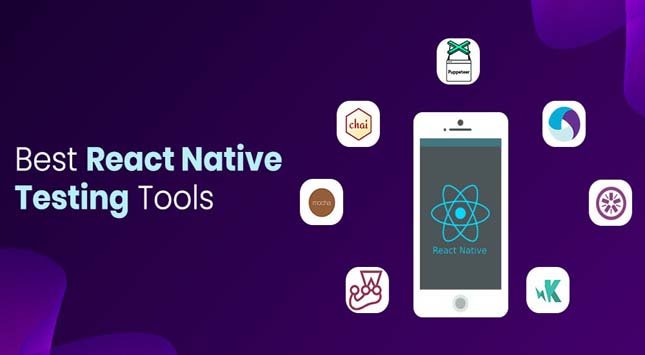The modern society, and as a result the global economy, have become entirely built around the ideas of sustainability. So, it’s easy to see why proper maintenance is so frequently discussed in terms of the manufacturing industry or any other business sector that uses machine-based equipment.
But, even putting aside these tendencies, proper maintenance leads to greater efficiency as well as extending the equipment life expectancy, so the companies can also reap tangible financial benefits.
Fortunately, modern maintenance technologies and manufacturing tools are developed and built with these requirements in mind so the maintenance work becomes easier with each new generation.
Let us take a look then at some of these resources and how you can use all these resources and utilize modern tech to improve your maintenance efforts in 2024 and beyond.
Internet of Things
The Internet of Things has often been cited as one of the most important tech trends moving mountains across the business landscape. And, honestly, without machines capable of gathering information from their immediate environment, independent computing, and sharing this info with other tools or end users, modern manufacturing concepts like Industry 4.0 couldn’t ever be possible.
Speaking in terms of maintenance, IoT also pushes the envelope in terms of diagnostics, and real-time monitoring so transition to IoT-capable tools is as beneficial as necessary.
Cloud-based Mobile CMMS Automation
In this case, CMMS stands for Computerized Maintenance Management System and presents a set of cloud-based tools that allow companies to fully automate their maintenance duties allowing the technicians to hop in and make necessary interventions regardless of their time or location. The key to proper maintenance lies in prompt reactions.
Moving the monitoring, scheduling, and record-keeping to the CMMS infrastructure does lay the foundations for exactly that and allows technicians to easily access previous maintenance logs and safety information, and act according to these insights.
Latest-gen Diagnostic Tools
The breakthroughs in this area are becoming both frequent and diverse and now utilize a whole slew of different technologies and methodologies to give business owners as accurate feedback on the state of their equipment as possible.
Take for instance the professional remote vibration monitoring services that allow technicians to inspect the balance, integrity, bearing faults, and other qualities of the moving equipment based on the vibration analysis. Of course, this is only one of the modern diagnostic technologies. Using several different approaches will always produce the most accurate results.
Additive Manufacturing

This technology is also known as 3D printing and presents the industrial process that produces 3D objects based on virtual 3D models by adding material layer by layer. Although used primarily for manufacturing, this process can play a large part in equipment maintenance as well.
The brands that have a stake in the 3D industry are capable of producing replacement parts for their own equipment with practically zero delays. You can see how, with a greater level of automation, this idea can be turned into a self-sustainable system capable of drastically trimming down the maintenance process.
Cloud-based Analytics and Predictive Maintenance
One of the greatest benefits of moving your maintenance infrastructure on digital foundations and greater reliance on IoT tools comes in the fact that robust data sets we get as a result don’t need to be used only reactionally.
Feeding this data to robust cloud-based and ML-powered analytics systems can allow companies to reach a much better understanding of the manufacturing process and its effect on the equipment. Armed with these insights they can engage in more in-depth long-term planning and predictive maintenance. As a result, they are capable of keeping all major problems at bay.
You May Like to Read: How Augmented Reality is Revolutionizing the Classroom?
Virtual Reality (VR)
The rise of VR we have seen in recent years may prove to have a very great impact on maintenance duties in several ways. First, industrial-grade VR headsets can feed the technicians with instructions, visual pointers, and data gathered by surrounding IoT sensors allowing them to perform their duties more safely and efficiently.
Second, VR and AR (Augmented Reality) make it possible for inexperienced staff members to develop their maintenance skills in a more controlled and insightful environment. Greater utilization of such resources makes the boundaries between men and machines thinner than ever.
We hope these breakthrough technologies gave you a better idea about the influence the modern tech landscape has on industrial maintenance as well as presented some use-case scenarios you can emulate in your company as well. The most important thing, however, is to give this issue due attention.
Maintenance is the critical part of the manufacturing process and failing to keep this process effective and optimized can considerably set your company back. In a business landscape like the one we have now, mistakes like this are seldom tolerated.
By Mike Johnston






